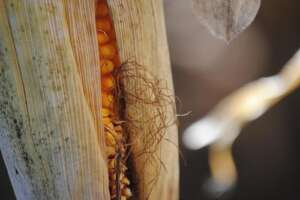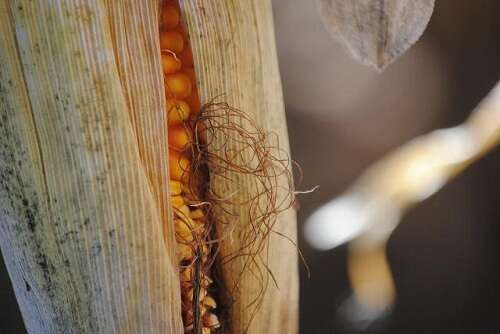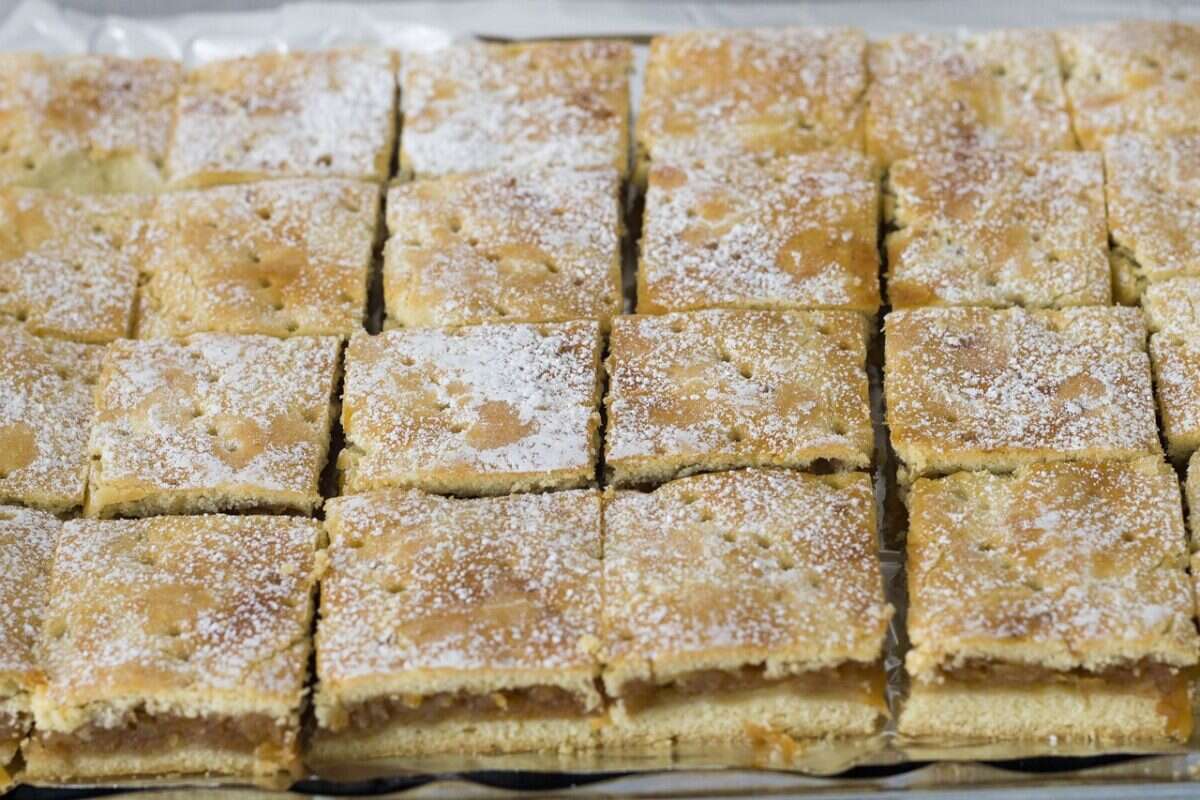The cultivation of genetically modified corn is currently being debated throughout the European Union. There are great fears of possible dangers to human health and the environment. How justified are your fears?
"Is genetically modified corn dangerous for health?"
One of the biggest problems with the introduction of genetically modified corn is that it is dangerous to health. However, agronomist Friedhelm Taube calms down and says that he is "not aware of any scientific study that proves this". In addition, the vast majority of such corn would be used to feed dairy cows, and the rest would be used for energy production in biogas plants. Industrially produced corn would therefore not be on the consumer's plate.
Cow's milk is not dangerous either. After a two-year study, in 2008, the Technical University of Munich proved that the genetically modified corn MON810, which, like the 1507 variety, is enriched with the genes of the bacillus thuringiensis (Bt) bacterium, did not cause illness in any cow, nor were there any traces of Bt corn in milk.

"Is genetically modified corn dangerous for animals?"
The European Food Safety Agency EFSA, among other things, examined whether the 1507 variety, which has genetically incorporated protection against pests, endangers other animals and insects. Corn pollen in particular has been found to contain high levels of incorporated pesticides. This successfully kills the harmful corn moth, but also a related harmless butterfly. Greenpeace accuses EFSA of "insufficient research" on the negative effects of Bt protein on other insect species.
For now, scientists do not see any danger for bees either. Ecologists from the University of Würzburg examined the possible effects of Bt corn pollen on bees and their larvae and did not observe any negative effects. However, pollen can get into the honey produced by bees, so honey obtained from the flowers of genetically modified plants cannot be sold as organic or bio-honey.
"Does genetically modified corn destroy nature?
Maize, originally from Mexico, is a cultivated crop and mainly grows in sunny and warm regions of the world. In Germany, corn - genetically modified or not - cannot automatically spread outside arable land. In Germany, there are no plants with which corn can be successfully crossed.
Besides, corn cannot survive the winter. However, Ridiger Grass of the University of Kassel notes: "If, like this year, we have a very mild winter or the grains are plowed, the plants can germinate again."
All plants have an impact on their environment and soil. Genetically modified corn is not an exception nor does it pose a greater risk: "Pollen, which is found in streams and rivers, serves as food for small animals." The effects of Bt corn pollen have not yet been fully explored.
"Does genetically modified corn destroy other varieties?"
In Germany, corn is grown on about 2,5 million hectares - that's almost a fifth of the total arable land. Across Europe, there are over 500 varieties of corn. Is it possible to prevent genetically modified corn from being mixed with them?
Wild pigs, bees and other animals can contribute to mixing, says Ridiger Gras, who, however, considers pollen to be the biggest risk: "The Genetic Engineering Act talks about different minimum distances between fields. At the same time, no one can seriously answer what distance is safe. Whether the pollen will fly 100 or 1.000 meters depends, among other things, on wind speed and air temperature - and has nothing to do with the variety of corn."
"Is genetic engineering evil?"
"Healthy skepticism is always appropriate," says Friedhelm Taube from the University of Kiel, adding: "At the same time, the whole debate needs to be objectively based again." Especially in the agricultural sector, dubious publications of environmental organizations are more trusted than real scientific expertise.
Consumer concerns should be taken seriously. However, emotional aspects seem to play a very important role in the debate about genetically modified corn. Therefore, a rational discussion is a prerequisite for a realistic consideration of the advantages and disadvantages of genetically modified crops.
Source: DW/www.ekopedia.rs
Read more:
If you are interested in all our recipes, click on the link: RECIPES. Collections of the best recipes of our collaborators can be found in the cook section, if you want to read more, click on the link: COOK. If you want to see our front page, click on the link: RECIPES AND COOK ONLINE homepage. If you want to see all the recipes from the In your free time category, click on the link: U LEISURE. If you want to see all the recipes from the Healthy Life category, click on the link: HEALTHY LIFE.
Don't miss a recipe - Recipes and cookbook online on Facebook. Stay tuned,follow the Recipes and Cookbook twitter notifications!








